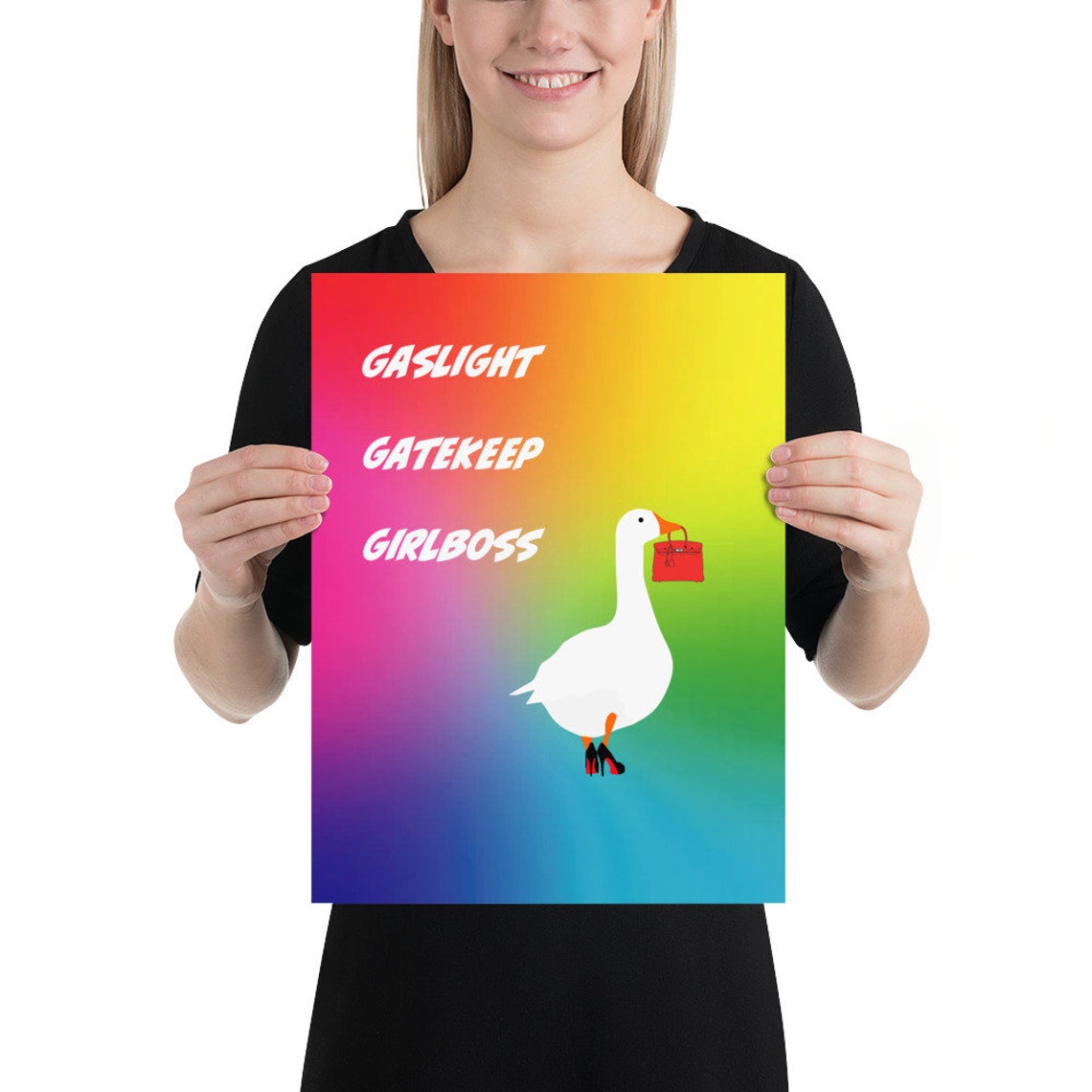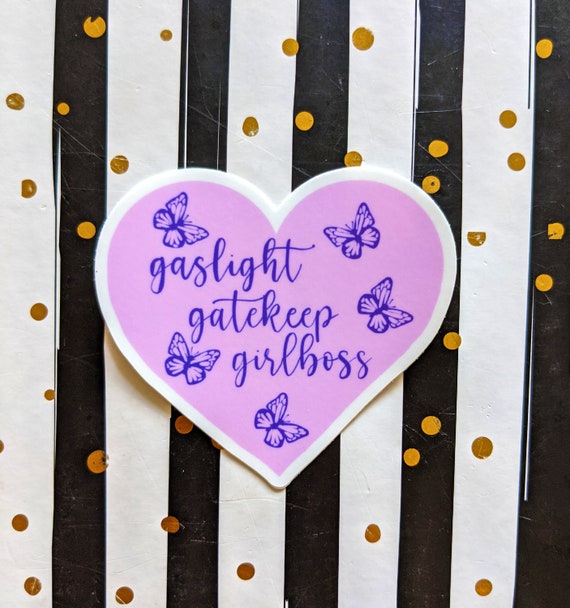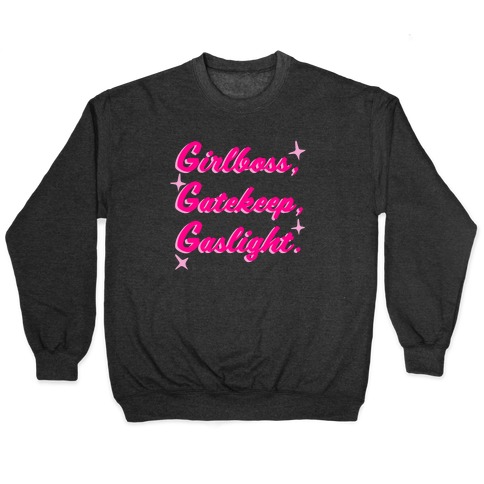

Telling everyone you’re not gatekeeping is a quick and easy way to signal authenticity and transparency - two traits that are at a premium now. “Gen Z wants to come on TikTok and be entertained, be inspired, or learn something.” To peek beyond the gates. “Gen Z does not want to watch advertisements of me recommending products to them,” writer Leigh Stein said on TikTok this past spring.

But it has a useful twist as the “influencer” label is increasingly getting replaced by “creator.” Influencers post with the crass motivation of selling things to you, while creators share what they know about living life right, all while pretending they don’t need to cash in. This is, of course, the premise that all influencer culture is built on: aspirational meets accessible. It signals both that you’re in the know and that you are a person of the people who wants to magnanimously share that knowledge. In the age of supposed “de-influencing,” starting a post with “I want to gatekeep this, but …” has become the perfect way to, well, influence.

Its prominence encapsulates this moment in social media. The word is “really doing a lot right now,” says Kelly Elizabeth Wright, a lexicographer with the American Dialect Society. And I’m thinking of what Lizzo said about twerking: “I’m not trying to gatekeep - but I’m definitely trying to let you know who built the damn gate.” I’m thinking of gentrification and what happens when certain neighborhoods are positioned as hidden gems. I’m thinking of how Anthony Bourdain felt conflicted about sending droves of tourists to mom-and-pop restaurants. But not everything is for everyone! And sometimes the act of sharing does more harm than good. The rise of “Don’t gatekeep” has reframed keeping things to yourself as a selfish act. The implicit demand to reveal the thought process behind every decision and the provenance of every purchase feels like socially enforced oversharing. Maybe it’s because I’m a rapidly aging millennial, but I still think a little gatekeeping can be a good thing depending on the context. We’re more than halfway through 2023 and TikTok is still peppered with captions like “should i gatekeep this?” and the New York Times is using the word to describe the behavior of nü-metal fans. And yet for all the discourse about girlbossing (she’s dead!) and gaslighting (you know it when you feel it!), there has been very little reckoning with gatekeeping even though it has so far proved to have the most staying power of the three. The term has undergone a rapid expansion since it found new prominence as the middle of the 2021 neoliberal-feminist cocktail “gaslight, gatekeep, girlboss.” Now gatekeeping - Vogue’s 2022 “word of the year” - has come to refer to anyone holding back any information, even if that info is of dubious or microniche value. Said keepers were the media execs and political leaders who decide which voices are heard, what issues deserve attention, and where money flows. Gatekeeping used to refer to people with their hands on the levers of institutional power. On TikTok, if you gatekeep where you bought that vintage skirt or which drugstore moisturizer you use or or what’s the best martini in the city or how you’re making money from selling feet pics, you’ll be chastised. High Times denounced “stoner gatekeeping,” and racing fans pledged not to gatekeep Formula 1. What are you gatekeeping? Shania Twain was accused of gatekeeping Harry Styles’s phone number.

Photo-Illustration: the Cut Photos Getty Images


 0 kommentar(er)
0 kommentar(er)
